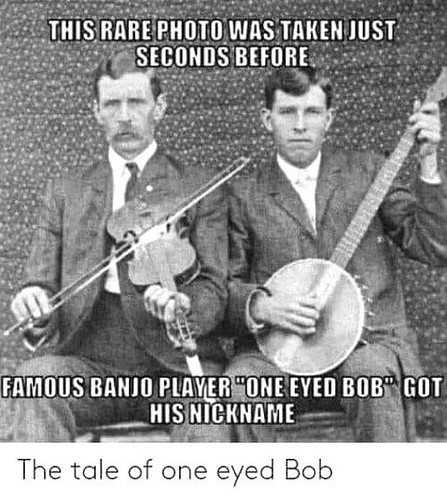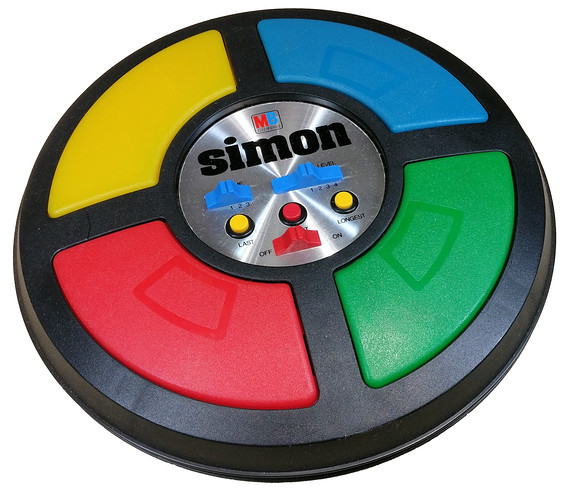Dear Jim,
As I wrote I would do, I’m going to write a proper answer to your previous kind post with the answers to my questions and I’ll comment what’s my point of view about this matter. I may also end up asking you some new questions too.
First of all, thank you very much for taking the time to answer to my questions. Thank you also for the link you’ve sent me by email.´
I fully understand that working towards a 50WPM morse reading is something that surely stimulates our brain and will surely be beneficial is many different ways, not only for loosing weight or possibly helping to prevent Alzheimer disease.
I really admire people achieving such level and although I don’t feel interested right now, I don’t say I may be one day in the future. Who knows…
My personal experience with morse is of a perfect way to make QSOs in a much more efficient way than using voice modes and also without speaking out anything, which is something I personally find far more tyring than making CW and definitely far more disturbing and annoying for my family living with me. I learn the morse code in 1985 when I was 20. Since then, I’ve made thousands of ragchewing QSOs and I’ve also taken part in several contests, often with pretty good results.
I have found that I can do ragchewing quite well for standard QSOs on morse code with typical exchanges like greetings, RST, name, QTH, RIG, ANT, WX and farewell at really high speeds like 40 WPM, but, at such high speed level, my sending is what really limits me rather than copying. I guess that in order to be able to send at +40 WPM, I should probably get a different paddle or adjust the gaps and paddles tension differently.
Yesterday, during my SOTA activation, I changed my FT-817 keyer speed to 50 WPM and I was unable to even produce a CQ correctly. I guess not only my brain and fist, but also my Palm paddle is not well suited for such speeds.
I would like you to tell us if paddles for sending at 50 WPM are the standard ones of they must be some specificly designed ones for that purpose.
What you recomend about repetition of listening to words while you are seeing it on the screen makes a lot of sense to me, as I think it’s a way to settle the sound of that word in morse together with the photograph image of the word written in plain text. The same applies at learning languages, when having the picture of a car next to the written word “car” is far more effective than having coche = car for a Spanish student or voiture = car for a French student.
In previous threads, I have already said that the best way to become proficient in morse is making QSOs, standard ragchewing QSOs with the classical exchanges I mentionned above. Repeating and repeating QSOs will help you learn the typical words and prosigns by heart and they will automatically copied in your head without needing any writing on paper, so only the specific pieces of information like RST, name, QTH and RIG/ANT may need to be written down. In my case I don’t even write down the RIG/ANT information, I just copy it in my head and I don’t write it down because it’s something that can change at any time and it’s not worthwhile for me writing it down. It’s something “forgetable” and no big deal with that.
Other thing is having conversations about any matter in morse code at high speeds. I have had some but in a foreign language like English is for me, it becomes a very difficult task.
The method of learning words by listening to them several times becomes harder when someone, like myself, is trilingual and can also have very basic communications in 2 or 3 more languages. I find that even when chatting in morse with Spaniards, we keep using many abbreviations coming from the English words. For example PSE for please, instead of POR FAVOR in Spanish, which we could perfectly abbreviate as PFV, or AGN for again instead of DE NUEVO in Spanish. Having high speed morse conversations in English is difficult for a foreigner, not only for the morse itself, but also for the English language. Having high speed morse conversations in Spanish is difficult for me because many words are too long and there’s a mix of plain Spanish language words with abbreviations based in the English language.
Appart of this, the method of repetition, repetition, repetition by making many, many ragchewing QSOs is, in my opinion, the perfect way to learn by heart the most common words and that will allow the morse operator to head copy the whole QSO just needing to write down the key specific pieces of information he/she doesn’t want to forget.
I’ll finish saying that being myself able to work on morse code at 35-40 WPM, I find this is far enough for me and nowadays since I quit contesting and all I do now is standard ragchewing QSOs and SOTA chasing/activating, I don’t even do anything faster that 25-30 WPM.
At the moment, I don’t feel worthwhile the effort and time dedication to achieve 50 WPM or more, as it will only give me the chance to practise with very, very few people in the ham radio community and probably none because I’m sure that really good steady signals must be necessary to maintain a morse code conversation at 50 WPM, something only achievable by chatting to local hams and very few more.
But who knows, may be in the future, before too many of my brain neurons had died, I’ll accept the challenge of getting to 50 WPM.
Thanks again, Jim, happy Easter and best 73,
Guru

